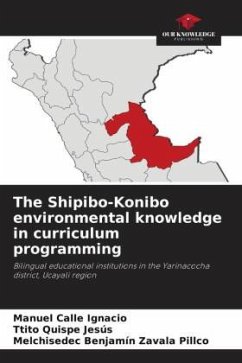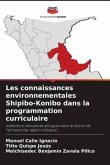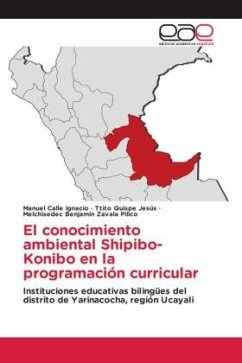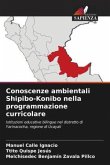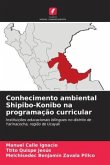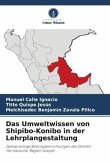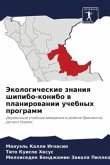The present research deals with the implementation of Shipibo-Konibo environmental knowledge in the Annual Curricular Programming of the V cycle of the bilingual educational institutions of the district of Yarinacocha, Ucayali region. The sample consisted of four annual curricular programs corresponding to the same number of bilingual schools; the sampling used was by convenience. The results were analyzed at a descriptive level, where the curricular programming was evaluated through an interview and a documentary analysis form. The results indicate that the implementation of Shipibo-Konibo environmental knowledge is in its initial phase, where topics related to Shipibo-Konibo knowledge are partially addressed. Neither in the Annual Curricular Program nor in the didactic units are the conceptual categories of the culture on ecosystem management present. Thus, the children do not receive a bilingual intercultural education, but a bilingual education.

